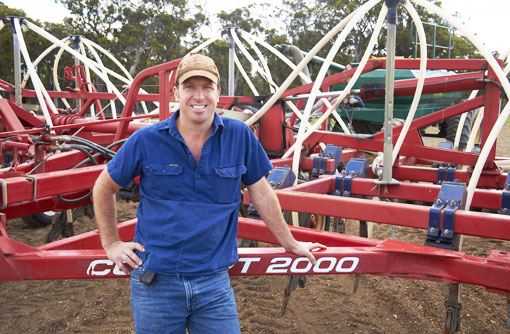Are consultants really working for you, asks Rob Warburton

Farm consultants used to be a one-person business covering the local area. Now like farming, they are large businesses employing 20 to 50 people, covering bookwork, marketing, financial analysis, accountancy and agronomy, becoming a one-stop shop.
The question is, when do you stop being a client and start becoming an asset? Consultancy businesses are valued by the number of clients and the revenue they bring and not the individual’s skills. Information within the business becomes important.
As an owner or partner in the company, the shares in the company start becoming more valuable than the consultancy fees received. Keeping and growing the client base becomes a focus and the most valuable part of the business becomes information, the more exclusive the better. The problem is, consultants stop talking to each other, they stop sharing and they start gathering your information.
When consultants were small businesses, if they didn’t have the required skills they would call in others to help. These are now large businesses that protect their information using mostly information from within the business. Many companies now collect your information either in a benchmark survey or more recently via iPad agronomy recording programs.
So is the information you receive and give as the client, the best information for your business or is it the best for the company that services you to maintain their asset. Do you get the best information or just the information they have within their business.
There have been a lot of farmers who have relied too heavily on one company only to find themselves trapped in a system that doesn’t service their long-term needs, pushed down a path that plays to the strength of the adviser and not the client. The value of a consultant should be measured by their ability to achieve the clients goal and not their own.
Rob Warburton farms 3,000ha with his wife Jen and two daughters in Kojonup, below Perth in Western Australia. Cropping includes wheat, barley and oilseed rape. Wildflower seed is grown for retail. Merino sheep are reared for wool and meat.
Read more from Rob Warburton

